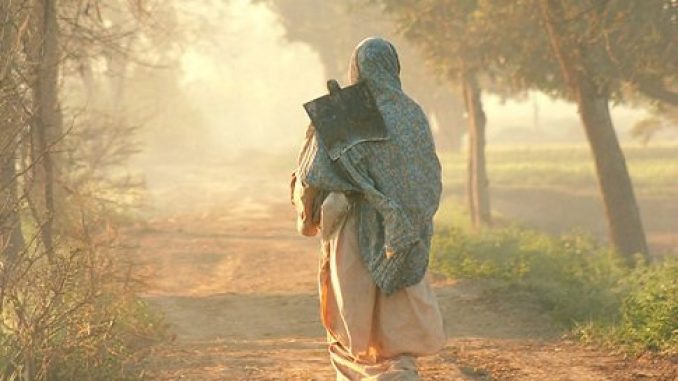
Physical Disability (Al-Ajiz)
The aim of this religion is not to burden people to a point that
they will be incapable physically of carrying out the duties
mandated by Allah (SWT). This is why when there is clear
evidence that fasting will result in the opposite of the intended
result, namely endangering the sanctity of life itself, the Law-
giver (Shaari’e), makes room for the believer. By physical dis-
ability {‘al-‘ajiz), we mean the old person who is mentally
sound but physically weak, and observation of the fast would
further weaken his body. Also, at this point the fast is not man-
datory upon the old person because he is unable to do so. In the
case of the terminally ill, like the cancer or AIDS patient whose
fasting may worsen their condition, Allah (SWT) states:
“…So fear Allah as much as you can.”
(Ai-Qur’an 64:16)
Also,
“On no soul does Allah place a burden greater
than it can bear…”
(Al-Qur’an 2:286).
These two verses indicate that when the body is no longer ca-
pable of executing the prescribed duties, the pen that records
the deeds ceases to record. These people who have been al-
lowed to break their fast of Ramadan, would have to compen-
sate for each and every day that they break by feeding one in-
digent person.
Before the fasting of Ramadan was prescribed to the believers,
everyone was given a choice between fasting or feeding. This
is what Al-Qur’an refers to in chapter “Al-Baqarah”:
“…for those who can do it (with hardship) is a
ransom, the feeding of indigent…”
(Al-Qur’an 2:184).
This verse was abrogated by the verse of Ramadan.
When a believer is incapable of fasting due to the reasons men-
tioned above, feeding becomes a substitute.
